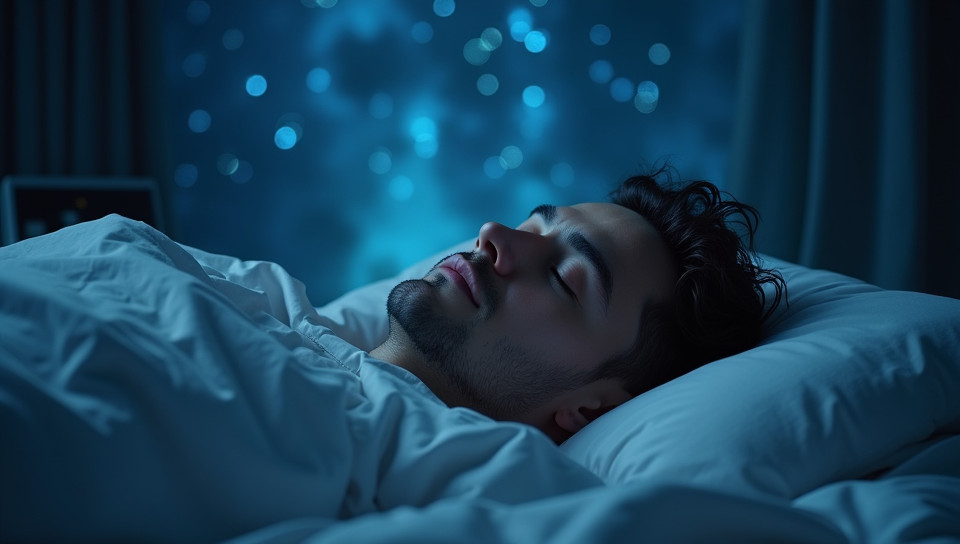Circadian rhythm disruptions lead to chronic sleep deprivation 97%

The Hidden Dangers of Circadian Rhythm Disruptions
Have you ever felt like no matter how much sleep you get, you're still tired all the time? Do you struggle to fall asleep at night or wake up feeling groggy in the morning? You're not alone. Millions of people around the world are dealing with chronic sleep deprivation, and it's often linked to a common culprit: disrupted circadian rhythms.
What Are Circadian Rhythms?
Circadian rhythms refer to our internal body clock that regulates our sleep-wake cycles over a 24-hour period. They're controlled by a small group of cells in the brain called the suprachiasmatic nucleus (SCN). The SCN responds to light and darkness signals from the environment to synchronize our bodily functions with the day-night cycle.
How Do Circadian Rhythm Disruptions Occur?
There are several ways that circadian rhythm disruptions can occur. Some common causes include:
- Working night shifts or irregular schedules
- Traveling across time zones
- Exposure to screens and electronic devices before bed
- Consuming heavy meals close to bedtime
- Irregular exercise patterns
The Effects of Chronic Sleep Deprivation
Chronic sleep deprivation can have serious consequences on our physical and mental health. Some common effects include:
- Impaired cognitive function and memory loss
- Increased risk of obesity, diabetes, and cardiovascular disease
- Mood disorders such as depression and anxiety
- Weakened immune system
Reclaiming Your Sleep Schedule
Fortunately, there are steps you can take to reclaim your sleep schedule and regulate your circadian rhythms. Here are some tips:
- Establish a consistent sleep schedule and bedtime routine
- Create a dark, quiet sleep environment
- Avoid screens and electronic devices before bed
- Engage in relaxing activities before bedtime, such as reading or meditation
Conclusion
Chronic sleep deprivation is a serious issue that can have far-reaching consequences on our health and well-being. By understanding the role of circadian rhythms in regulating our sleep-wake cycles, we can take steps to prevent disruptions and reclaim our sleep schedules. Don't let chronic sleep deprivation hold you back any longer – start taking control of your sleep today.
- Created by: Yìzé Ko
- Created at: Oct. 13, 2024, 8:03 a.m.
- ID: 12310








